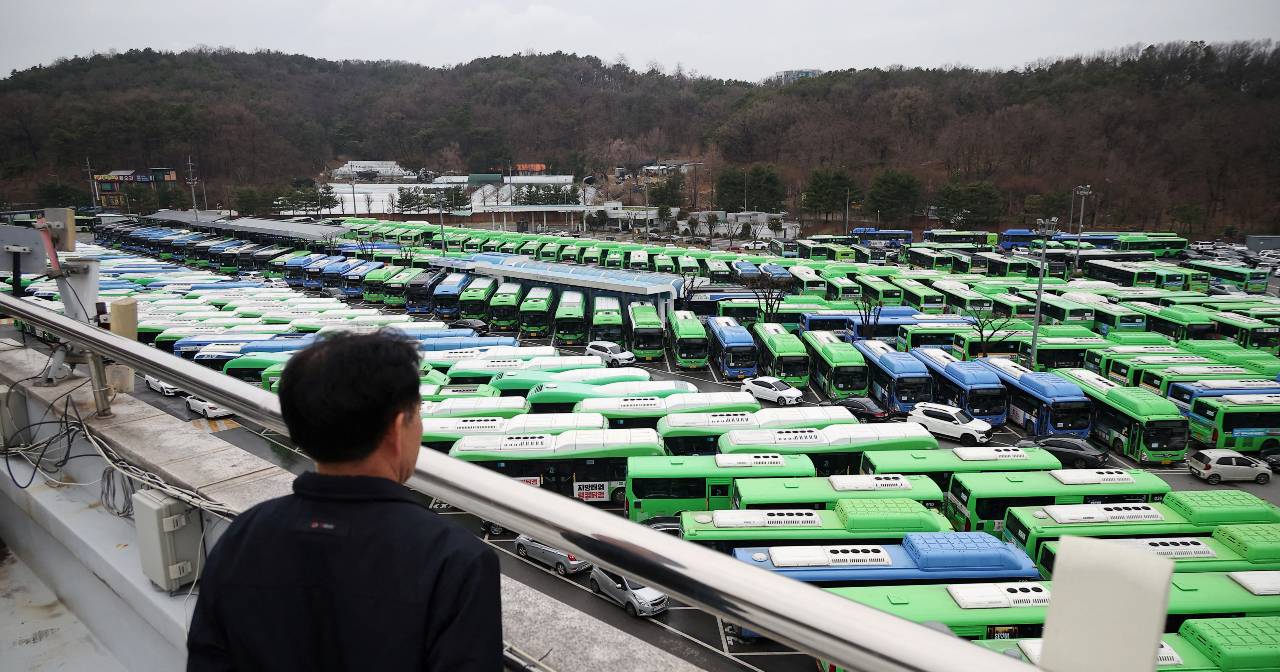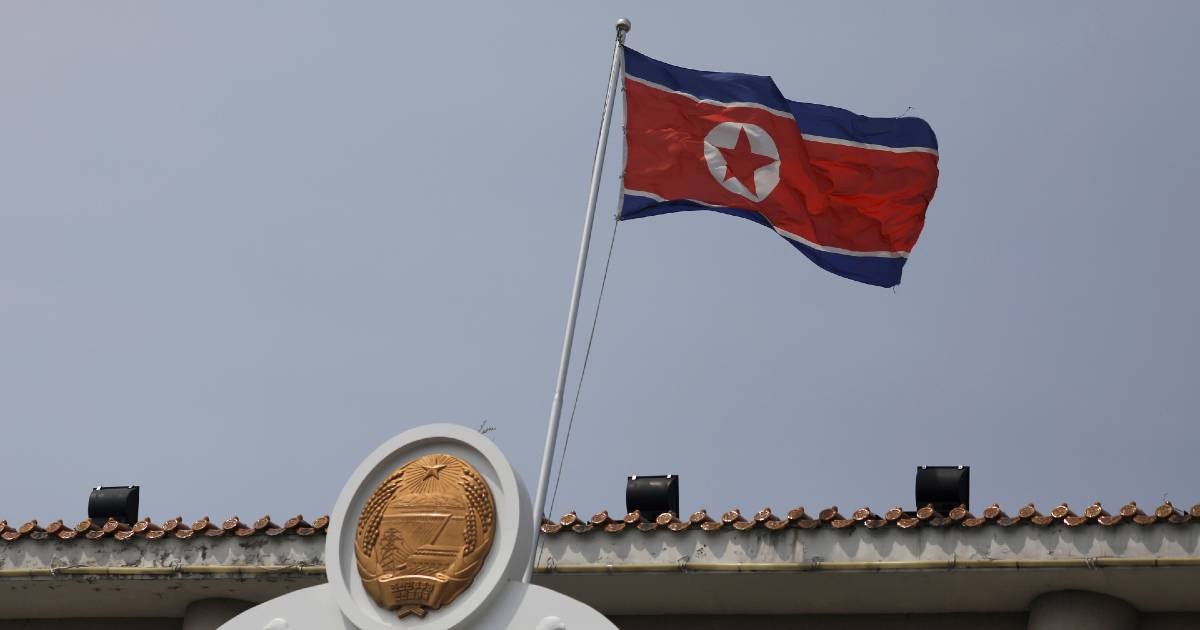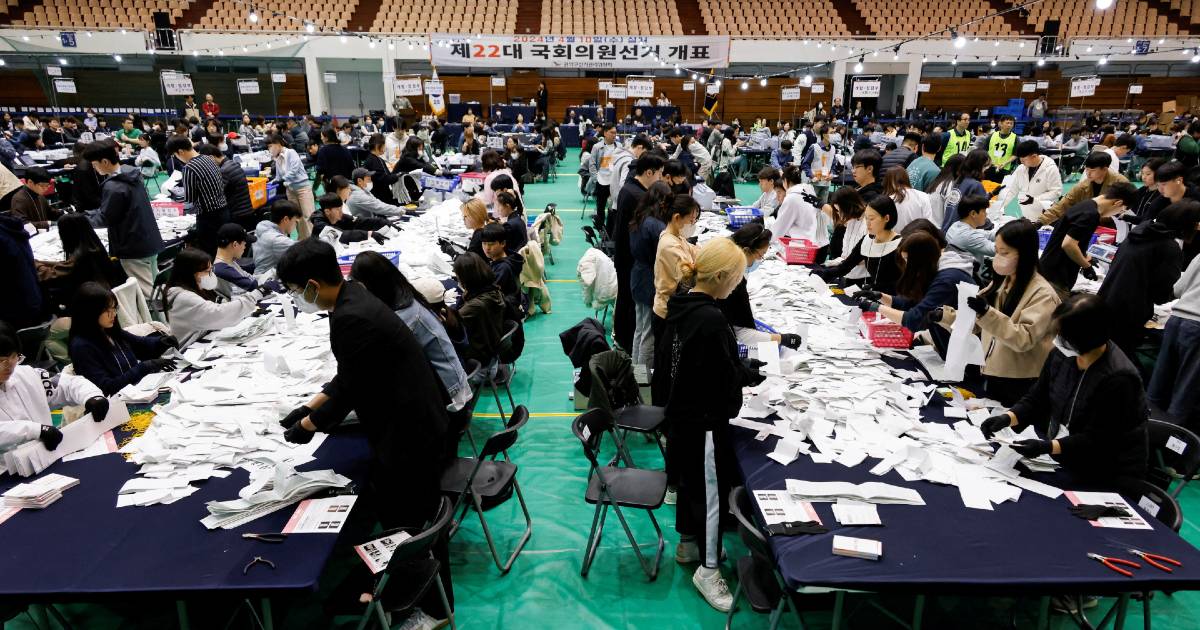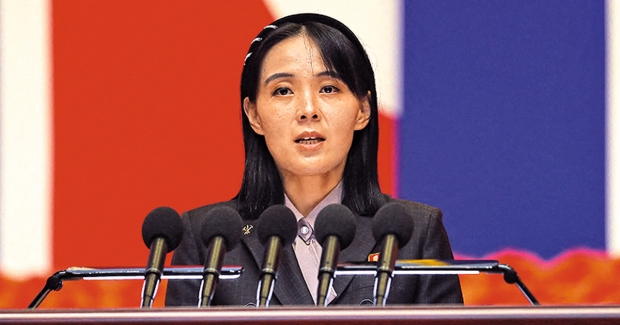At 3 p.m. later, the Seoul municipal government reached an agreement with the public bus union on labor-management compensation negotiations, and the public bus service immediately returned to normal operation.
The local public bus union launched a general strike at 4 a.m. in the morning. Although the strike had begun, both the labor and management continued to negotiate under the mediation of the municipal government. At about 3:20 p.m., the two sides finally reached an agreement to increase wages by 4.48% and provide a holiday subsidy of 650,000 won. The union immediately withdrew the strike, and the subway and other transportation services that were originally planned to extend the service time will also operate as usual.
The strike began in the early morning, causing more than 90% of the buses in the city to be suspended, which was inconvenient for citizens to travel, especially during the rush hour for work. In addition to Seoul citizens, residents in neighboring areas who go to work in Seoul, and graduating students who participated in the mock college entrance examination that day were all affected.
The public bus union has been proposing to increase the hourly wage by 12.7% to the employer to prevent more drivers from moving to neighboring areas. However, the employer believes that the demand is unreasonable. The two sides held a marathon-style negotiation that lasted more than 11 hours on Wednesday afternoon, but still failed to reach a consensus. The union announced the breakdown of the negotiations at 2 a.m. and launched the strike at 4 a.m. as scheduled. This is the first strike of the Seoul public bus in 12 years.
During the strike, the authorities increased the frequency of subway trains and planned to extend the subway service time to 2 a.m. Free shuttle services at subway stations will also be provided in 25 districts of Seoul.



